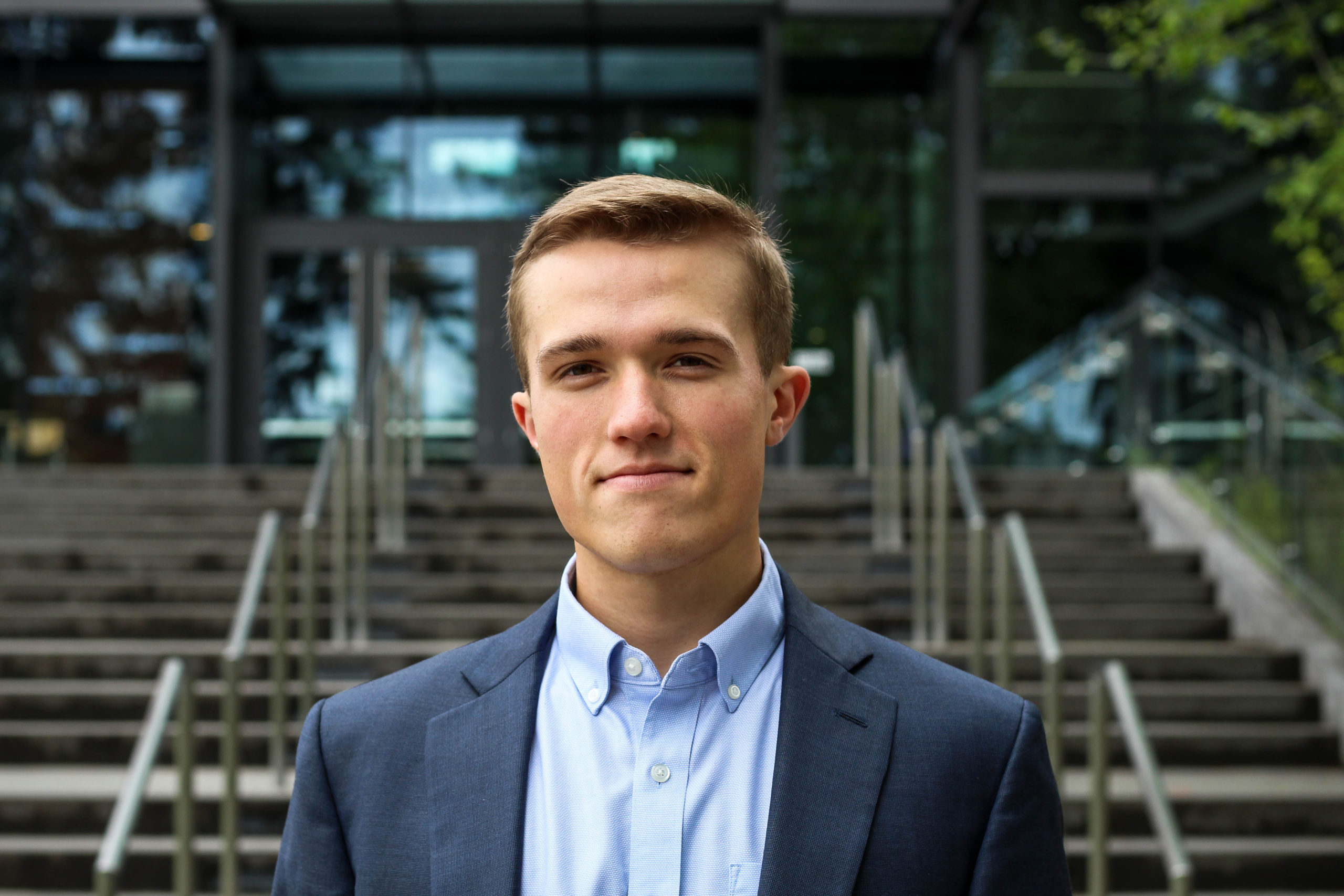It’s a common saying that “all politics is local.” It comes from a belief that while federal legislation is important and needed, those closest to challenges often know best how to solve them. Much of our attention this election cycle was dedicated to who would win the White House, but in addition to federal offices, Missouri alone voted for a governor and lieutenant governor, two ballot measures, three statewide offices, 17 state senators, 163 state representatives, and countless local offices.

Throughout the election cycle, we heard about how divided our nation is. We were told that Biden voters and Trump voters have next to nothing in common. Now that Nov. 3 has come and gone, we have work to do if we’re serious about the challenges our nation collectively faces.
When it comes to environmental challenges, they can often feel big and daunting. For instance, we often say that climate change is a global issue that requires global solutions. So, what’s there to do on the local level? Contrary to some preconceived notions, there’s incredible opportunity for change right at our fingertips, and we don’t have to wait for the perfect president or federal legislature to take action.
That’s why the many local and state leaders in Missouri — or any state for that matter — shouldn’t be discounted. Our environment is inherently local and requires localized action. What Missouri needs is different than what my home state, Wisconsin, may need when it comes to environmental protection.
For example, Missouri currently generates approximately 6 percent of its electricity from renewable sources, mostly wind. The state, however, has incredible, untapped potential for expanding its renewable capacity and promoting clean, baseload energy like nuclear power. Wind energy and agriculture, which accounts for two-thirds of Missouri’s land acreage, can go hand-in-hand. In fact, farmers across the country are installing wind turbines on their land to increase profit margins while producing clean energy. There is even an opportunity to expand Missouri’s nuclear power capacity with the Callaway Energy Center, a nuclear facility that alone employs more than 1,000 people and contributes to the local economy. These are specific, targeted solutions that are not only good for the environment, but also the economic security of small American farms and communities.
Local leaders, like state representatives and senators, are uniquely positioned to encourage these sorts of initiatives. Top-down environmental mandates aren’t the way forward. Instead of lamenting the partisan gridlock and extremism in Washington, we can act now, and that will look different for different communities.
We have almost a caricature of an “environmentalist” in our heads, but the reality is that farmers, ranchers, hunters, fishers, and even traditional energy workers are all feeling the effects of environmental degradation and climate change. Missouri’s farmers and sportsmen are key stakeholders that can be part of localized, actionable solutions. The more groups of people we can bring to the table in the fight for our planet, the better.
Environmental solutions don’t always require presidential, or even congressional, action. They require local knowledge, involvement in one’s community, and commonsense leadership. In Missouri, and all across the country, we can and should continue to act on our environmental challenges no matter who assumes federal office in January.

Benji Backer is the founder and president of the American Conservation Coalition (ACC).















